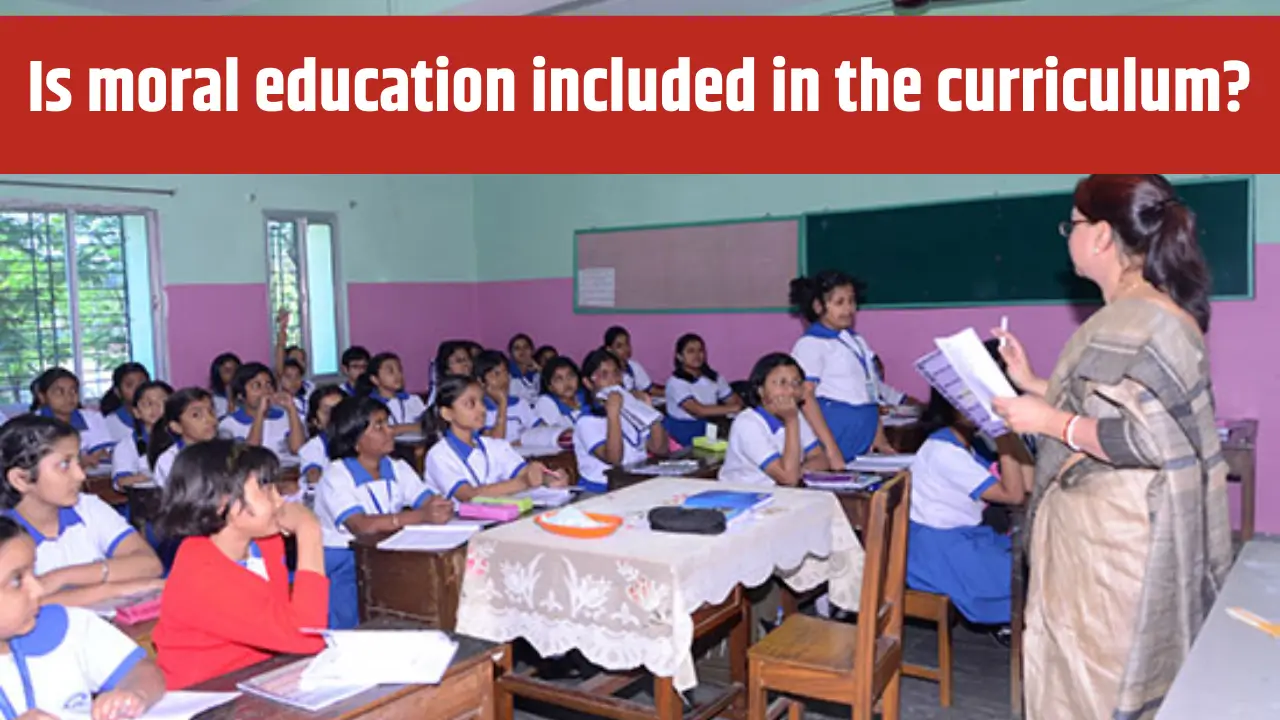In the realm of contemporary education, academic knowledge is only one part of a child’s holistic development. Moral education plays an equally critical role in shaping responsible, empathetic, and ethical individuals.
Recognizing this, Carmel Convent School, Chatrapur, integrates moral education deeply within its curriculum to nurture values alongside intellect. This comprehensive integration reflects the school’s foundational ethos of creating not just learned students but good human beings.
This article extensively explores how moral education is incorporated at Carmel Convent School, its curriculum context, teaching methods, significance, benefits, recent updates, and its impact on students’ overall personality development as of 2025.
Moral Education: Core Principles and Importance
- Moral education involves imparting values such as honesty, kindness, respect, responsibility, empathy, and integrity.
- It helps students distinguish right from wrong and develop a strong ethical compass.
- The school believes moral education is essential for fostering social harmony, personal discipline, and civic consciousness.
- These lessons encourage students to contribute positively to family, school, and broader society.
Inclusion in the Curriculum
Dedicated Moral Education and Value-Based Learning Classes
- Moral education is formally included as a subject or integrated component of various subjects like General Science, Social Studies, and English.
- Special classes and modules called “Value Education” or “Life Skills” are conducted regularly.
- Topics covered include:
- Honesty and truthfulness
- Respect for elders and peers
- Environmental stewardship
- Compassion and social responsibility
- Conflict resolution and peacebuilding
Integration Across Subjects
- Moral lessons are woven through stories, history, literature, and social studies.
- Students explore ethical dilemmas in class discussions and projects.
- Arts and drama sessions also reflect themes of justice, kindness, and cooperation.
Pedagogical Approaches to Moral Education
Storytelling and Reflective Discussion
- Teachers use age-appropriate stories, parables, and anecdotes to illustrate values.
- Students engage in group discussions, sharing personal insights and ethical reflections.
Role-Playing and Simulations
- Role-playing exercises help students experience different perspectives.
- These activities enhance empathy and decision-making skills.
Community Service and Social Initiatives
- Practical exposure through service projects fosters moral responsibility.
- Activities like cleanliness drives, charity collections, and awareness campaigns are encouraged.
Teacher Modeling and Reinforcement
- Teachers demonstrate values in their behavior, setting real-world examples.
- Positive reinforcement strategies motivate students to embody moral values.
Impact on Students
- Enhanced emotional intelligence and interpersonal skills.
- Improved conflict-resolution and decision-making abilities.
- Cultivation of respect and tolerance in a diverse school environment.
- Development of leadership qualities anchored in ethics.
- Positive influence on academic discipline and motivation.
Recent Updates and Initiatives in 2025
- Implementation of a structured Moral & Ethical Education program with defined learning outcomes.
- Introduction of mindfulness and meditation sessions supporting self-awareness and emotional balance.
- Collaboration with local community organizations for service-learning projects aligning practical experiences with curriculum goals.
- Digital content and interactive modules on moral dilemmas and ethical citizenship incorporated into classroom resources.
- Regular parent workshops highlighting the importance of value education and methods to reinforce it at home.
- Inclusion of student-led ethics clubs promoting peer discussion and community outreach.
Summary Table: Moral Education at Different Educational Levels
| Grade Level | Delivery Method | Key Themes & Topics | Assessment & Activities |
| Nursery – KG | Stories, songs, simple activity play | Kindness, sharing, honesty | Participation, interaction |
| Grades I – V | Value Education classes, role-plays | Respect, responsibility, environmental care | Reflection journals, group discussions |
| Grades VI – VIII | Integrated curriculum, service projects | Empathy, social justice, conflict resolution | Service logs, ethical debates |
| Grades IX – X | Formal ethics modules, community service | Leadership, civic duties, global citizenship | project presentations, peer mentoring |
Conclusion
Moral education at Carmel Convent School, Chatrapur forms a cornerstone of its holistic educational mission.
Through a well-structured, multi-modal approach encompassing storytelling, community involvement, reflective learning, and practical activities, the school empowers students with timeless values essential for personal growth and a responsible life.
The latest updates in 2025 reflect Carmel Convent School’s commitment to evolving this vital educational facet — integrating technology, mindfulness, and community partnerships that deepen value learning.
This dedication ensures students graduate not only academically competent but also ethically conscious and socially engaged citizens prepared to contribute positively to society.
















